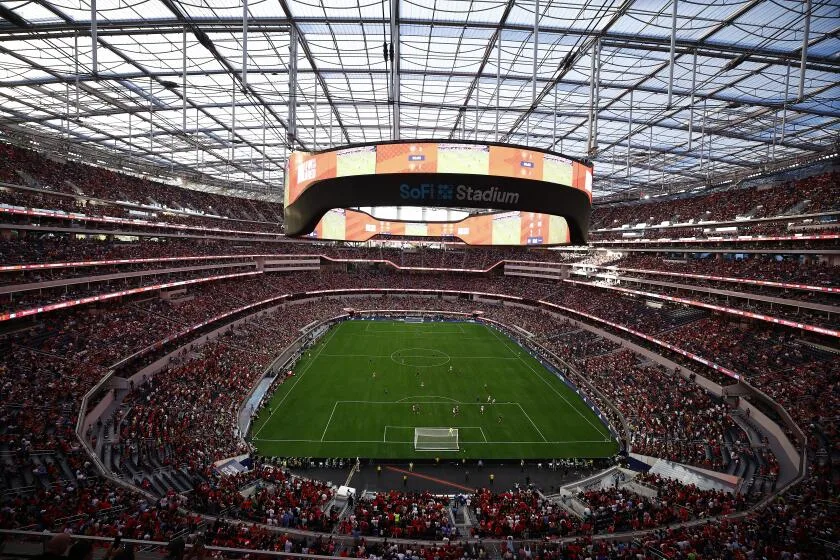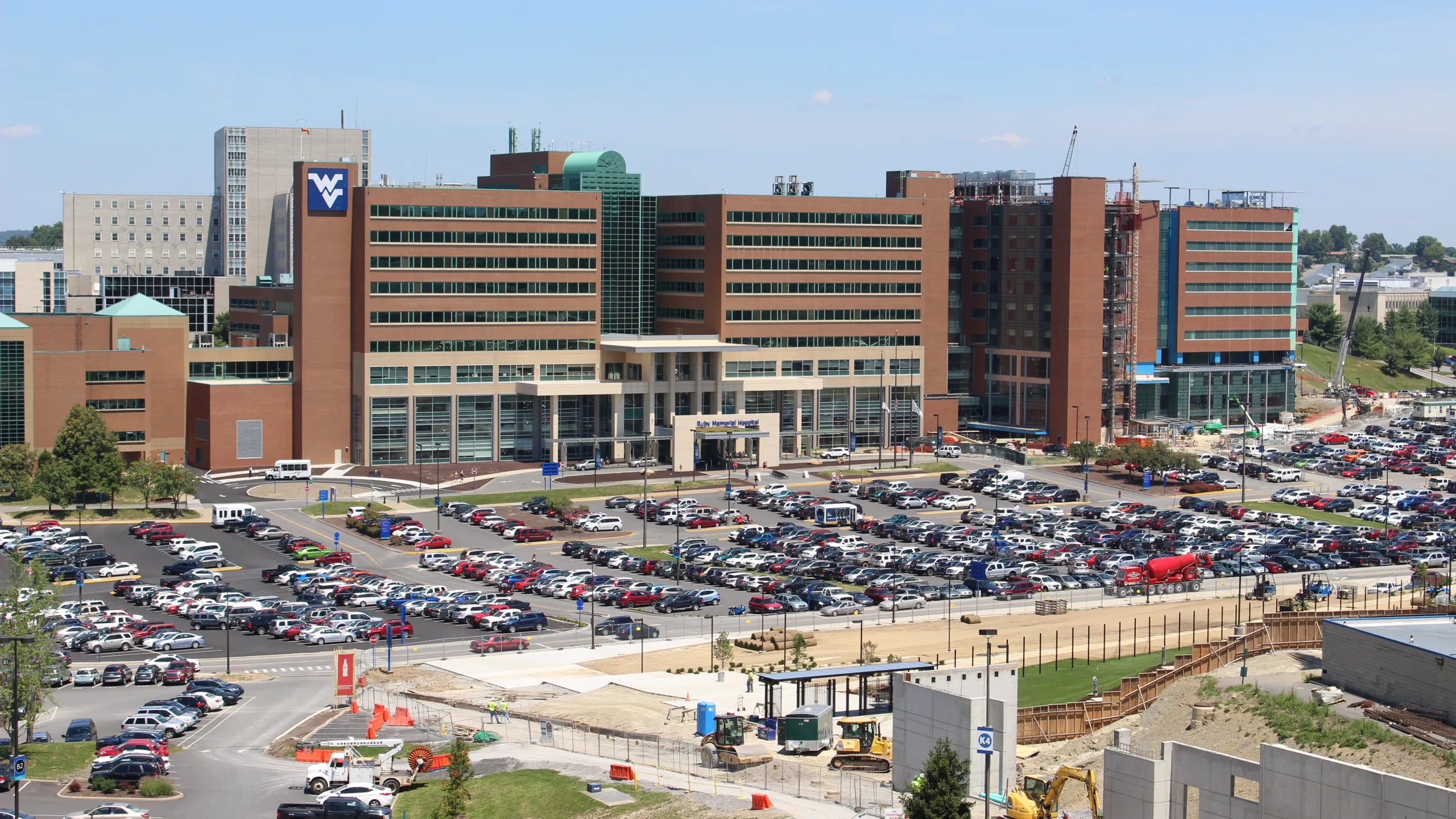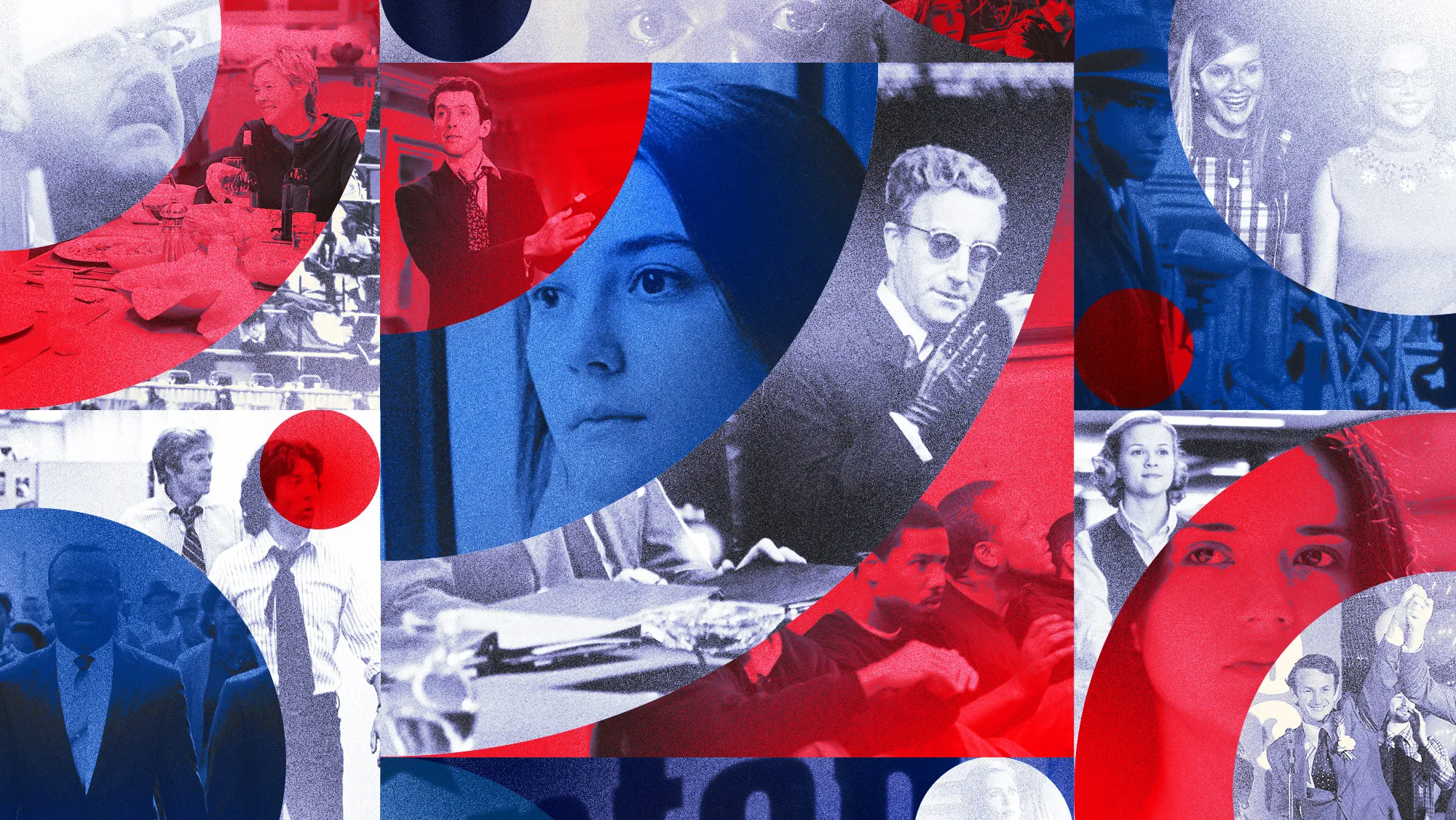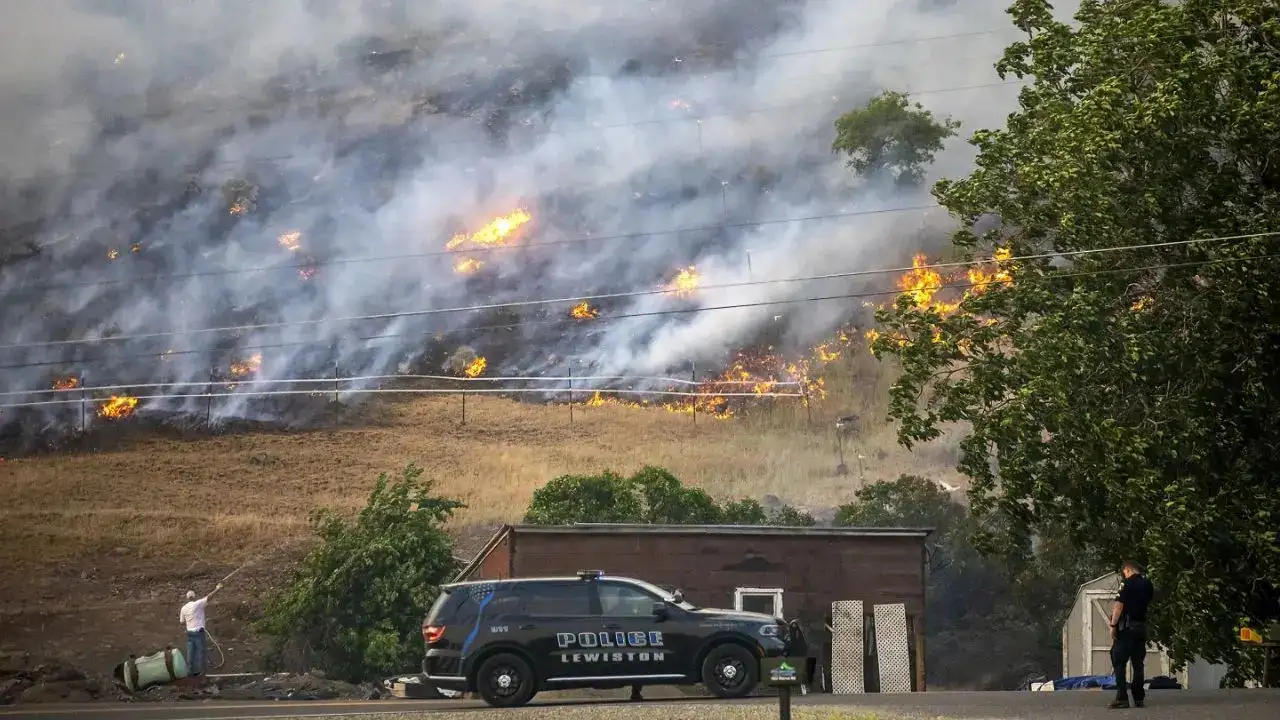
The Unfolding Scenario of the World Cup in the United States
The FIFA World Cup, one of the most anticipated sporting events globally, has historically been a catalyst for tourism and economic boost for host countries. However, recent reports indicate that the current tournament faces significant challenges, particularly in the United States, where empty seats and logistical delays are raising concerns about its overall impact. These issues are not only affecting the viewing experience but also casting a shadow over US tourism and its broader economic implications.
Understanding the Extent of the Challenges
Empty Seats: A Sign of Waning Interest?
One of the most conspicuous issues during the current World Cup has been the prevalence of unoccupied seats in stadiums across the United States. Unlike previous tournaments, where sold-out matches created an electric atmosphere, this edition has witnessed several matches with a surprisingly low turnout. The reasons behind these empty seats are multifaceted:
- Ticketing Issues: Some fans faced difficulties securing tickets due to high prices or limited availability, leading to an overall decrease in attendance.
- Scheduling Conflicts: Matches scheduled during inconvenient times or coinciding with other major events have discouraged live attendance.
- Economic Factors: Rising travel costs and inflation may have also played a role in reducing spectator turnout.
This decline in attendance is more than just a visual disappointment; it has tangible repercussions for the tournament’s atmosphere and revenue generation. Empty seats diminish the electric environment that is characteristic of World Cup matches, potentially affecting the players’ performances and the overall viewer experience.
Delays and Logistical Problems
In addition to poor attendance, logistical delays have plagued various aspects of the tournament. From transportation difficulties to stadium infrastructural issues, these delays have hampered the smooth execution of events. Specific concerns include:
- Transportation Disruptions: Fans and teams have encountered difficulties reaching venues due to traffic congestion, inadequate public transit, and administrative delays.
- Security Concerns: Unanticipated security checks and measures have caused long wait times, frustrating spectators and participants alike.
- Operational Inefficiencies: Delays in stadium preparations and technology glitches have affected scheduling and match timings.
These delays not only frustrate fans but can also deter potential visitors from planning trips to the US for future tournaments, fearing similar issues. The ripple effect could negatively influence tourism influx and related economic benefits in the region.
The Broader Impact on US Tourism and Economy
Tourism Revenue at Risk
The United States has long been a top destination for international travelers, with major events like the World Cup expected to attract thousands of visitors. The current challenges threaten to reduce this influx significantly. When matches are played to sparsely populated stadiums or marred by delays, the perceived value of attending or traveling for such events diminishes. Destination marketing organizations and local businesses that rely on the tournament tourism are likely to face decreased revenue, impacting various sectors such as:
- Hospitality: Hotels, restaurants, and transportation companies may experience reduced patronage.
- Retail: souvenirs and merchandise sales could decline as spectator numbers dwindle.
- Transportation: Airlines and local transit systems may face downturns during scheduled matches and related events.
Long-term Concerns for Future Tournaments
Furthermore, the current challenges could have lasting effects on the US’s reputation as a host nation for major international events. Persistent issues such as ticketing problems and logistical delays might deter future organizers from choosing the US as a host location. Additionally, spectators and participants may be reluctant to invest in travel arrangements if their experiences are marred by inefficiencies and disappointments.
Analysis of Underlying Causes and Potential Solutions
Root Causes of the Challenges
While some of the issues are logistical, others stem from broader societal and economic factors. These include:
- Event Management Gaps: Insufficient planning and coordination can lead to infrastructural and operational delays.
- Economic Constraints: Rising costs for traveling and accommodation make it less feasible for many fans to attend in person.
- Public Sentiment and Engagement: Fan enthusiasm may be waning due to perceived negative aspects of the tournament or disconnection from the local community.
Strategies to Address the Issues
To mitigate these challenges and preserve the US’s reputation as a host nation, a comprehensive approach is required:
- Enhanced Ticketing Systems: Implement user-friendly, transparent ticketing processes to ensure fair access and reduce scalping.
- Improved Infrastructure: Invest in public transportation, stadium facilities, and traffic management to streamline movement and reduce delays.
- Effective Communication: Keep fans and participants informed about schedules, delays, and available amenities to reduce frustration.
- Community Engagement: Promote local culture and encourage community participation to elevate spectator interest and attendance.
Looking Ahead: Lessons and Opportunities
While the current challenges pose significant hurdles, they also offer valuable lessons for future international sporting events hosted in the US. Embracing technological innovations such as digital ticketing, real-time updates, and improved security protocols can enhance experience and efficiency. Additionally, prioritizing sustainability and community engagement will foster a positive image and encourage greater participation.
It is crucial for organizers, stakeholders, and local authorities to collaborate and take proactive steps to address these issues. Doing so will not only improve the current tournament’s outcome but also strengthen the country’s position as a global host for future events.
Conclusion
The FIFA World Cup in the United States, while still a major sporting spectacle, is currently grappling with several challenges primarily related to empty seats and logistical delays. These issues threaten to diminish the tournament’s economic gains and tarnish its reputation as a prime international event host. Addressing these concerns requires concerted effort, innovative solutions, and strategic planning to ensure that future tournaments can operate smoothly, attracting full stadiums and enthusiastic global audiences.
Ultimately, overcoming these hurdles offers an opportunity for the US to showcase its capabilities in managing world-class events and to reaffirm its appeal as a premier destination for international tourism and sporting excellence.
For more updated news please keep visiting Prime News World.








